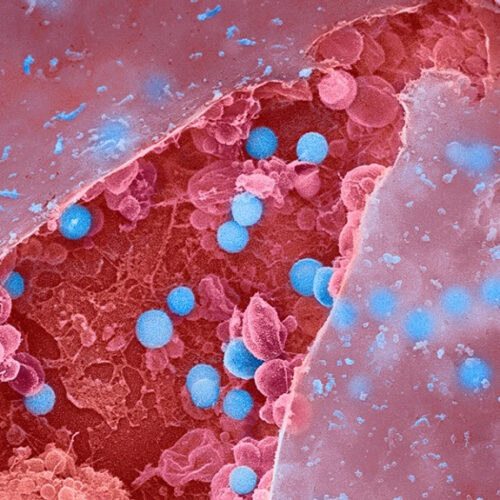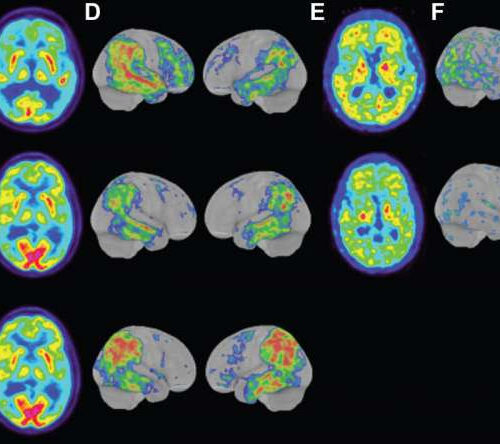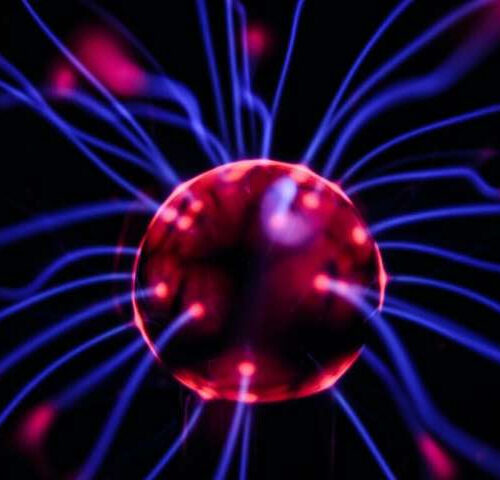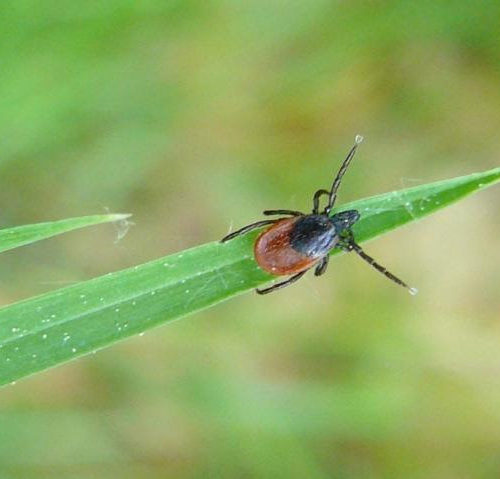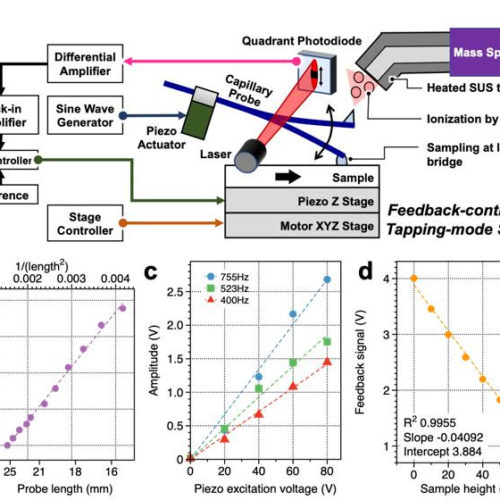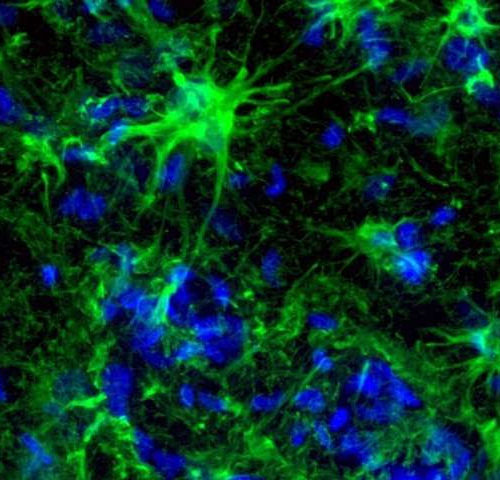by Ernie Mundell Brown rats found and analyzed near Atlanta now carry rat lungworm, researchers report. It’s a parasite that can trigger a dangerous brain encephalitis in both people and pets, and which now threatens a wide area of the U.S. Southeast. Researchers in Georgia say the microscopic rat lungworm, known scientifically as Angiostrongylus cantonensis,...
Tag: <span>brain disease</span>
New study reveals how blood triggers brain disease
by Gladstone Institutes Katerina Akassoglou (left) and Andrew Mendiola (right) show how blood makes the brain’s immune cells toxic, pointing to new treatments for Alzheimer’s disease and multiple sclerosis. Credit: Michael Short/Gladstone Institutes In patients with neurological diseases like Alzheimer’s disease and multiple sclerosis, immune cells in the brain known as microglia that normally fulfill beneficial...
Zeroing in on Parkinson’s: Researchers take multifaceted approaches to brain disease
by John H. Tibbetts, University of Georgia Anumantha Kanthasamy was recruited to UGA in 2021 as the inaugural John H. “Johnny” Isakson Chair and Georgia Research Alliance Eminent Scholar in Parkinson’s Research. After arriving in Athens, Kanthasamy immediately founded the Center for Neurological Disease Research and began building a network of faculty from around UGA to attack Parkinson’s and other neurodegenerative...
What’s Driving the ‘World’s Fastest-Growing’ Brain Disease’?
Batya Swift Yasgur, MA, LSW March 16, 2023 A common chemical that is used in correction fluid, paint removers, gun cleaners, aerosol cleaning products, and dry cleaning may be the key culprit behind the dramatic increase in Parkinson’s disease (PD), researchers say. An international team of researchers reviewed previous research and cited data that suggest the chemical trichloroethylene (TCE) is associated with as...
Massive health-record review links viral illnesses to brain disease
Max Kozlov In this false-colour scanning electron microscope image, influenza virus particles (blue) stand ready to release from a burst epithelial cell (red).Credit: Lennart Nilsson, Boehringer Ingelheim International GMBH, TT/SPL An analysis of about 450,000 electronic health records has found a link between infections from influenza and other common viruses and an elevated risk of...
Scientists in Sweden discover a rare, aggressive form of Alzheimer’s that begins in the early 40s
by Delthia Ricks , Medical Xpress CT images of the brain from two siblings and a cousin with familial Alzheimer’s disease who harbored the Uppsala APP mutation. Credit: M. Pagnon de la Vega et al., Science Translational Medicine (2021) A newly discovered gene mutation linked to early onset Alzheimer’s disease has been discovered by an international team...
Using real neural networks to pinpoint the start of brain disease
by Kelly Oakes, Norwegian University of Science and Technology Credit: Unsplash/CC0 Public Domain When the symptoms of neurodegenerative diseases like Parkinson’s become clear enough to make a diagnosis, there have already been significant changes in a person’s brain. That’s why researchers believe that finding a way to identify this turning point could be the key to better treatments....
Brain disease transmitted by tick bites may be treatable
ROCKEFELLER UNIVERSITY IMAGE: THE CASTOR BEAN TICK, WHICH IS PREVALENT THROUGHOUT EUROPE, CAN CAUSE BOTH LYME DISEASE AND TICK-BORNE ENCEPHALITIS. CREDIT: LABORATORY OF MOLECULAR IMMUNOLOGY AT THE ROCKEFELLER UNIVERSITY Tick-borne encephalitis is a disease just as nasty as it sounds. Once bitten by an infected tick, some people develop flu-like symptoms that resolve quietly but leave...
Want to diagnose brain diseases? A mass spectrometry imaging may one day help you
OSAKA UNIVERSITY IMAGE: (a) Schematic of the measurement system developed in this study. By using this technology, extraction and ionization of picoliter volumes can be performed without disruptions caused by surface roughness. In addition, one can measure the height of the sample from the change in vibration amplitude. (b) Relationship between the length of the...
Researchers explore why some MS patients experience seizures
by Stacy Kish, University of California – Riverside Image shows astrocytes (green) in MS hippocampus. Credit: Tiwari-Woodruff lab, UC Riverside. A research team at the University of California, Riverside School of Medicine has identified a pathway involving astrocytes, a class of central nervous system support cells, that could shed light on why seizures happen in a subset of...




